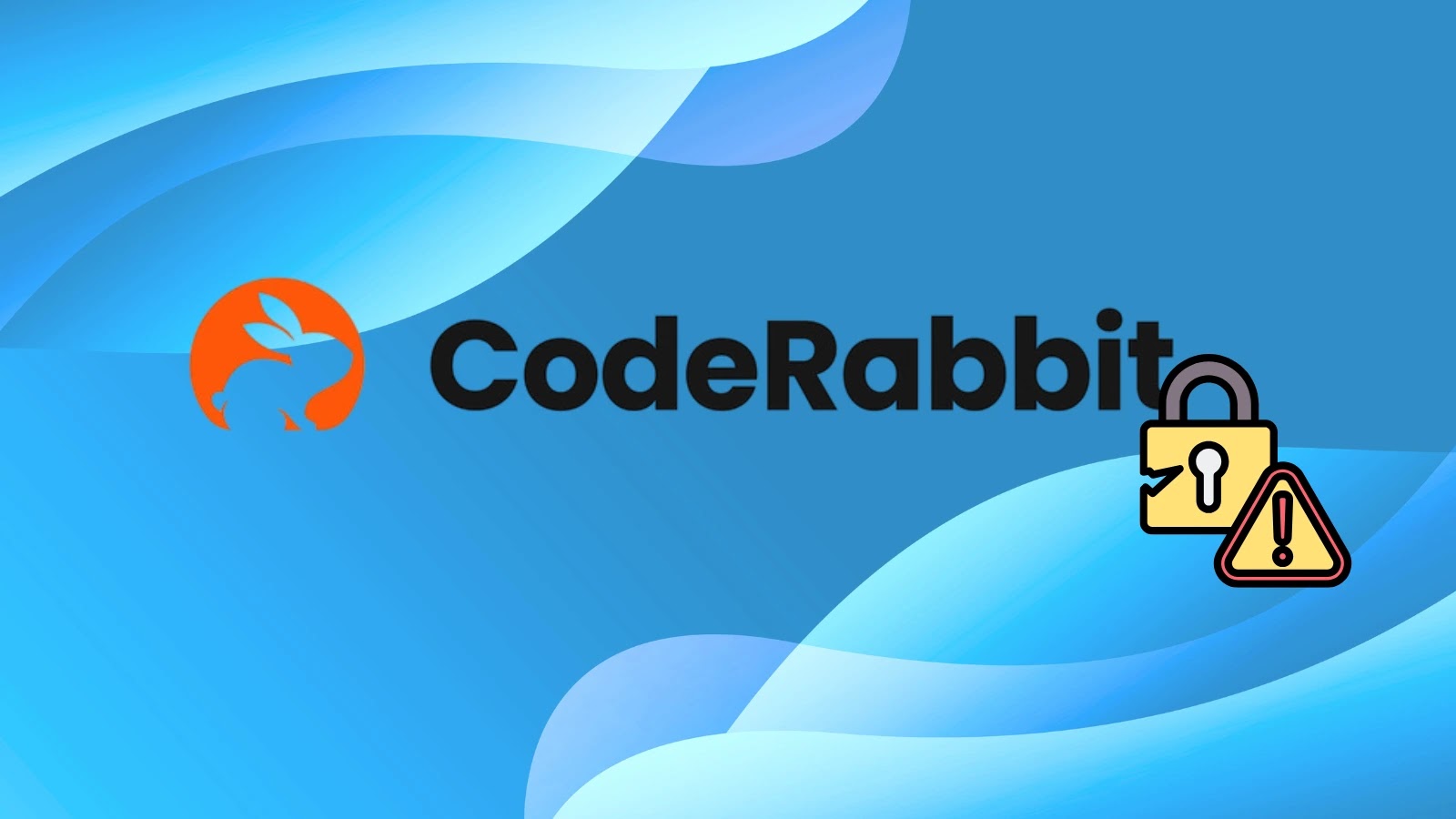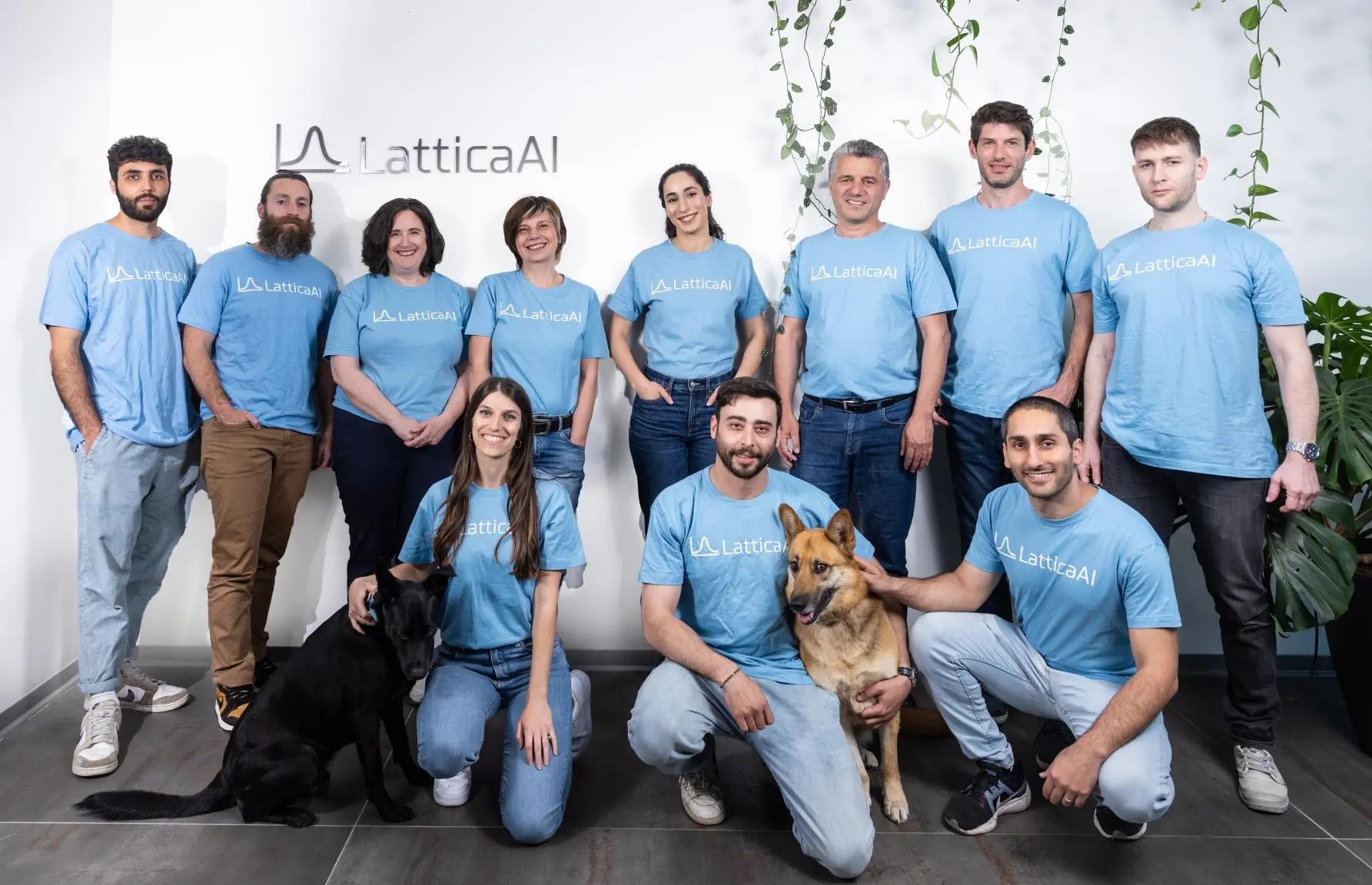In December 2024, a critical remote code execution (RCE) vulnerability was identified within CodeRabbit’s production infrastructure, potentially granting unauthorized access to more than one million code repositories, including private ones. This flaw was responsibly disclosed in January 2025.
Key Takeaways:
1. Malicious `.rubocop.yml` files could execute arbitrary Ruby code on production servers.
2. A compromised GitHub App private key provided write access to over one million repositories.
3. CodeRabbit promptly addressed the issue by disabling the vulnerable Rubocop integration and rotating all potentially compromised credentials.
Understanding the Vulnerability:
CodeRabbit, a leading AI-assisted application on the GitHub Marketplace with over 80,000 installations, integrates various static analysis tools to enhance code quality. One such tool is Rubocop, a Ruby static analyzer that processes `.rubocop.yml` configuration files submitted through pull requests.
Security researchers discovered that Rubocop’s extension mechanism could be exploited. By crafting a malicious `.rubocop.yml` file containing a directive like `require: ./ext.rb`, attackers could execute arbitrary Ruby code when CodeRabbit processed the pull request.
Exploitation Process:
The attack involved creating a repository with three key files:
1. `.rubocop.yml` Configuration File: This file included a directive to load an external Ruby script.
2. `ext.rb` Extension File: Contained the malicious payload designed to execute unauthorized commands.
3. Dummy Ruby File: Triggered Rubocop’s execution process.
Upon processing the pull request, the malicious `ext.rb` script was executed, leveraging Ruby’s environment variable access capabilities. This allowed attackers to exfiltrate sensitive data via HTTP POST requests to a server under their control.
Compromised Data:
Successful exploitation granted attackers access to CodeRabbit’s production environment, exposing critical API keys for services such as Anthropic, OpenAI, Langchain, and Pinecone. Additionally, PostgreSQL database credentials and encryption keys were compromised.
The most significant breach involved the `GITHUB_APP_PEM_FILE` environment variable, which contained CodeRabbit’s GitHub App private key. With this key, attackers could generate access tokens with extensive permissions, including:
– Read and write access to repository content.
– Read access to metadata.
– Write access to pull requests.
– Administrative capabilities across the platform’s monitored repositories.
Utilizing the PyGitHub library and the leaked app ID, attackers could programmatically enumerate installations, list accessible repositories, and clone private repositories, including CodeRabbit’s internal repositories such as `coderabbitai/mono` and `coderabbitai/pr-reviewer-saas`.
Immediate Response and Mitigation:
Upon disclosure, CodeRabbit acted swiftly to mitigate the vulnerability:
1. Disabling Rubocop Integration: The company immediately disabled the processing of Rubocop configurations to prevent further exploitation.
2. Credential Rotation: All potentially compromised credentials and API keys were rotated within hours of notification.
Long-Term Security Measures:
To prevent future incidents, CodeRabbit implemented several security enhancements:
– Sandboxing External Tools: Rubocop and other external tools were relocated into CodeRabbit’s secure sandbox environment, ensuring isolation from the main production infrastructure.
– Comprehensive System Audits: Regular audits were initiated to identify and address potential vulnerabilities proactively.
– Automated Enforcement Mechanisms: Automated systems were deployed to enforce sandboxing and other security protocols consistently.
– Strengthened Deployment Gates: Enhanced checks were implemented during deployment processes to detect and prevent similar vulnerabilities.
Conclusion:
The swift identification and remediation of this RCE vulnerability underscore the importance of robust security practices, especially when integrating third-party tools into production environments. CodeRabbit’s proactive measures serve as a valuable case study for other organizations aiming to fortify their CI/CD pipelines against potential supply chain attacks.



